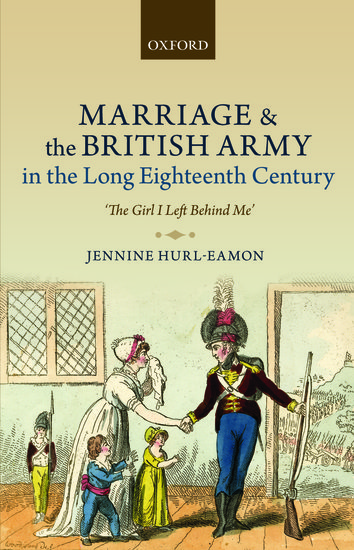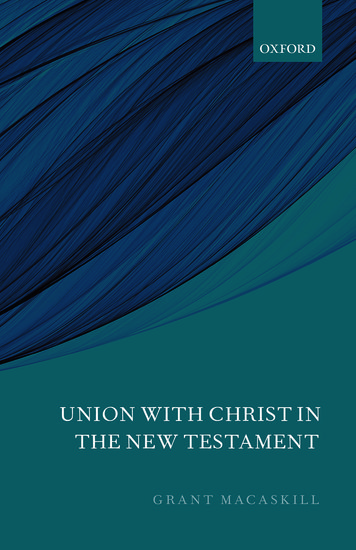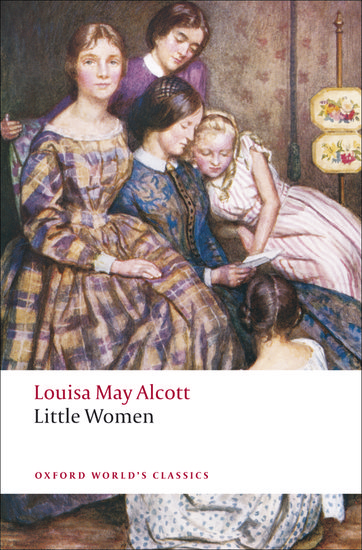A decade of change: producing books in a digital world
It may be hard for some of us here at Oxford University Press to imagine a life without Oxford Scholarship Online (OSO), but even though it has reached the grand old age of 10 years old, it is still only a baby in comparison with some of our other venerable institutions.







